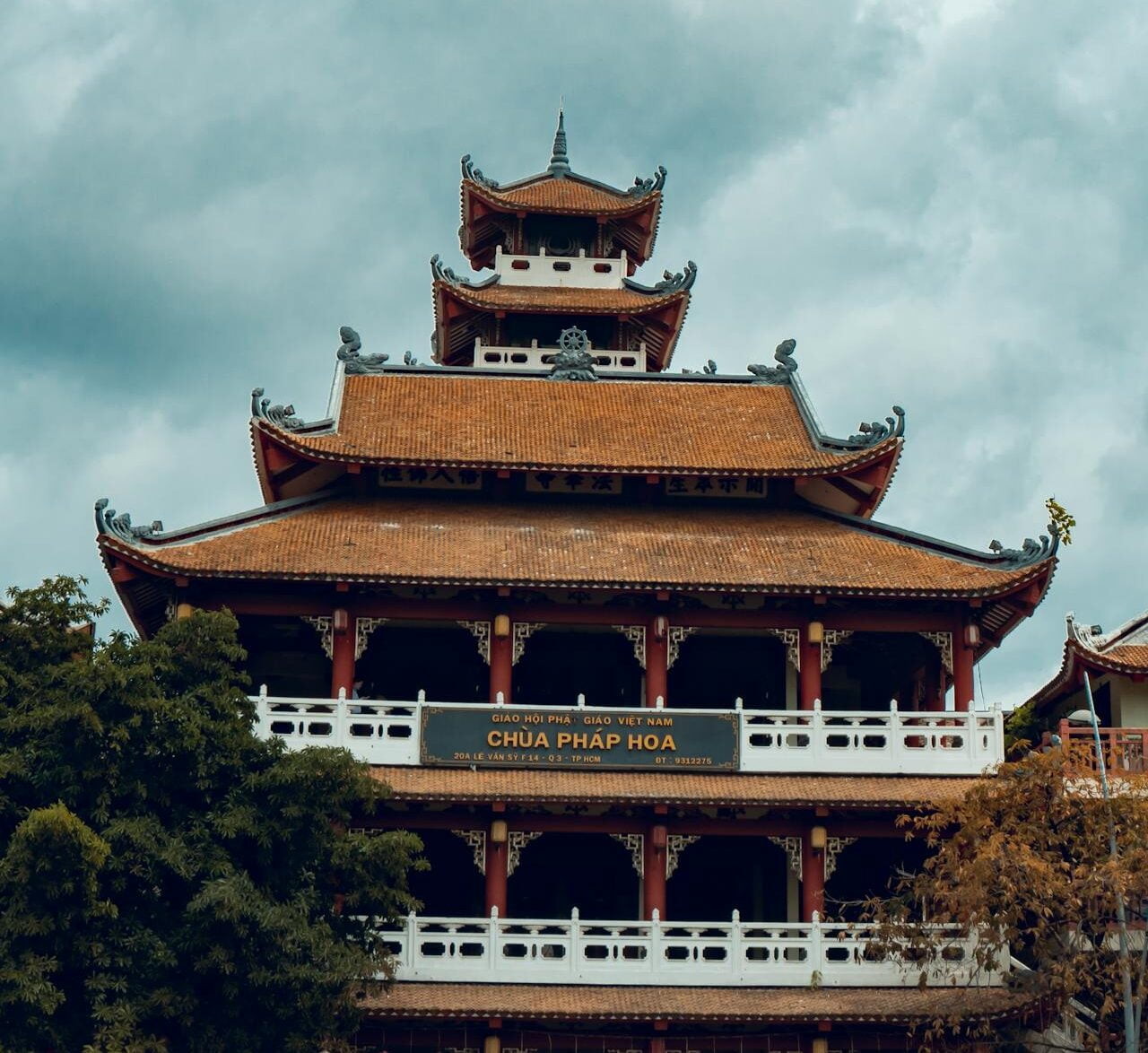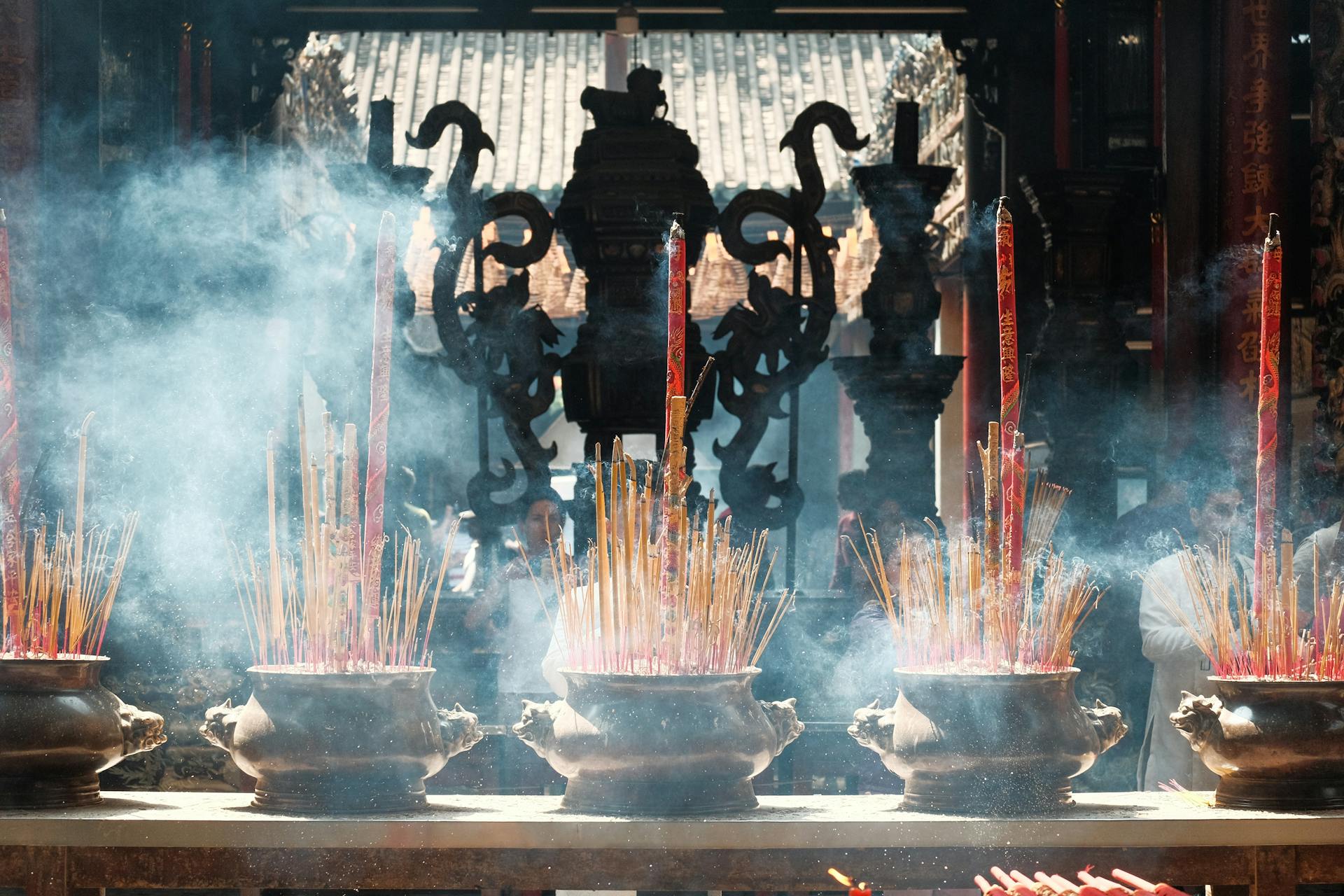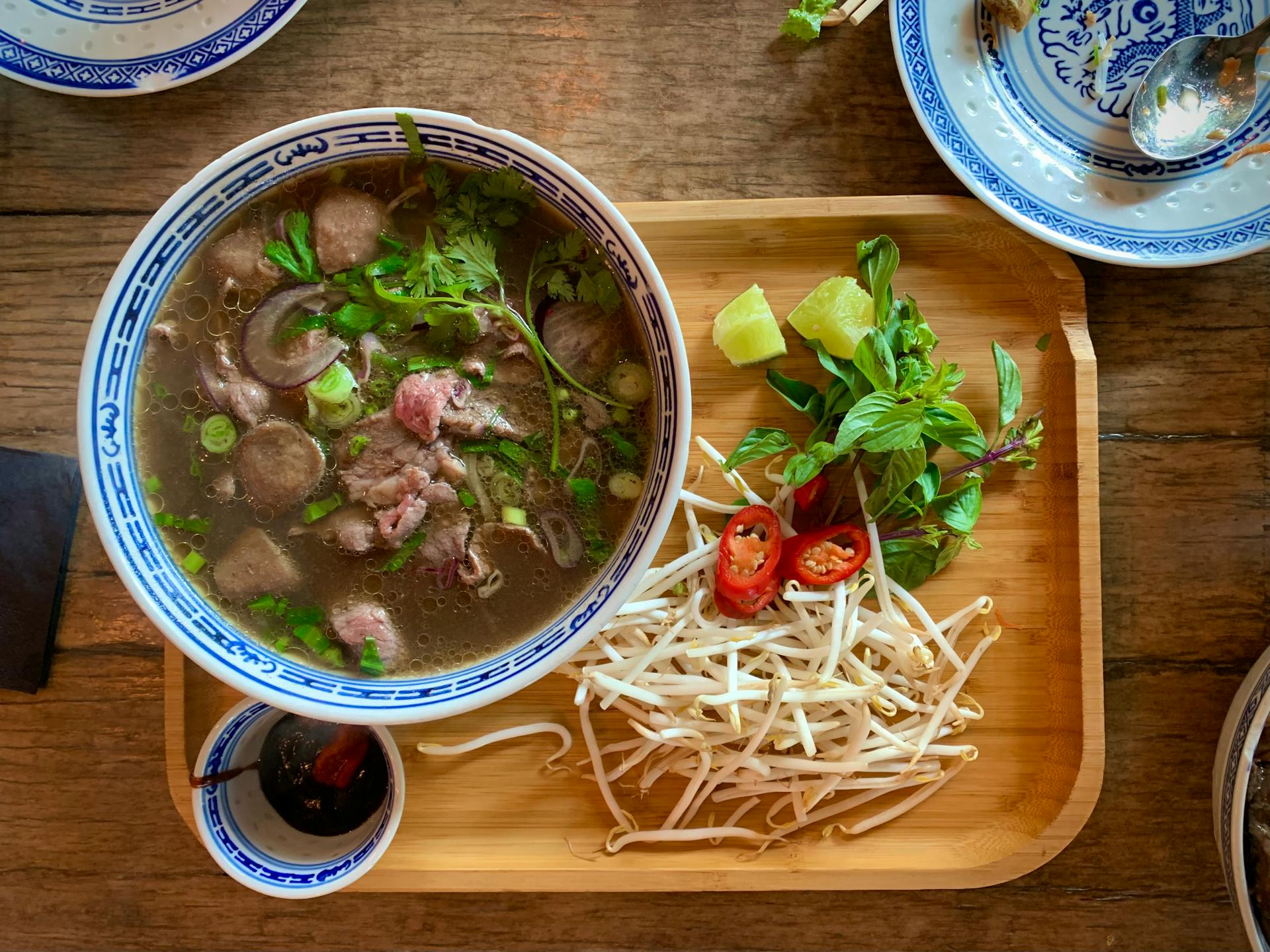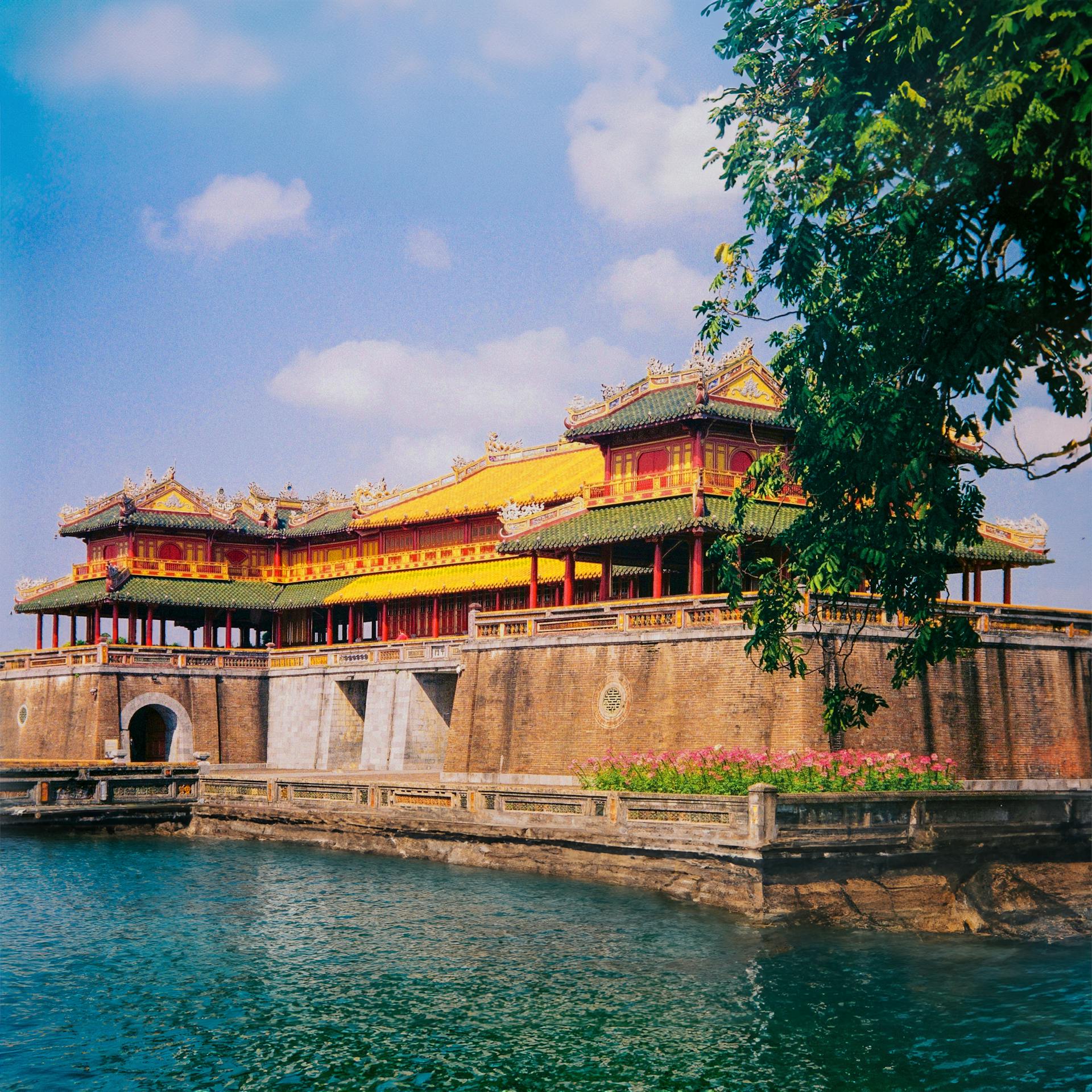Hanoi
The capital city of Vietnam, stands as a testament to the nation’s enduring culture and traditions. From its bustling streets to its serene temples, Hanoi encapsulates the essence of Vietnamese heritage. In this essay, we delve into the multifaceted layers of Hanoi’s culture and traditions, tracing their roots, and exploring their significance in shaping the city’s identity.
Historical Context: To understand Hanoi’s culture and traditions, one must first delve into its rich historical tapestry. With a history dating back over a millennium, Hanoi has been shaped by a myriad of influences, including Chinese, French, and indigenous Vietnamese cultures. Each epoch has left its imprint, contributing to the city’s unique blend of traditions.

Cultural Diversity: One of the defining features of Hanoi’s culture is its diversity. The city is a melting pot of ethnicities, languages, and religions, fostering a vibrant tapestry of traditions. From the elaborate rituals of the indigenous Kinh people to the colorful festivities of the ethnic minorities in the surrounding regions, Hanoi embodies the spirit of cultural pluralism.
Religious Practices: Religion plays a significant role in shaping Hanoi’s cultural landscape. Buddhism, Taoism, Confucianism, and Catholicism coexist harmoniously, each contributing to the city’s religious fabric. Temples, pagodas, and churches dot the cityscape, serving as both spiritual sanctuaries and architectural marvels. The Tran Quoc Pagoda, One Pillar Pagoda, and St. Joseph’s Cathedral stand as iconic symbols of Hanoi’s religious heritage.

Traditional Festivals: Throughout the year, Hanoi comes alive with a myriad of traditional festivals, celebrating everything from harvests to lunar new year. Tet Nguyen Dan, or the Vietnamese Lunar New Year, is the most significant of these festivals, marked by vibrant parades, fireworks, and family gatherings. Other notable festivals include the Mid-Autumn Festival, Tet Trung Thu, and the Perfume Pagoda Festival, each offering a glimpse into Hanoi’s cultural richness.
Culinary Delights: No exploration of Hanoi’s culture would be complete without mentioning its culinary delights. Hanoi is renowned for its diverse and flavorful cuisine, characterized by fresh herbs, delicate spices, and a harmonious balance of flavors. From the iconic pho noodle soup to the savory bun cha, the city’s street food scene is a culinary adventure waiting to be savored. Food not only nourishes the body but also serves as a reflection of Hanoi’s cultural heritage, embodying centuries of culinary tradition.

Traditional Arts: Art and culture are intricately intertwined in Hanoi, with traditional arts playing a central role in shaping the city’s cultural identity. Water puppetry, a unique form of Vietnamese folk art, traces its origins to the rice paddies of the Red River Delta. The Thang Long Water Puppet Theatre in Hanoi offers captivating performances that showcase this ancient art form. Additionally, silk weaving, lacquerware, and pottery are among the traditional crafts that have been passed down through generations, preserving Hanoi’s artistic heritage.
Social Customs: Hanoi’s social customs reflect the values of filial piety, respect for elders, and communal harmony. Family plays a central role in Vietnamese society, with gatherings often revolving around shared meals and celebrations. Etiquette and manners are highly valued, with gestures of respect such as bowing and handshakes being commonplace. Hospitality is another hallmark of Hanoi’s culture, with guests often greeted warmly and offered refreshments.

Preservation Efforts: In recent years, efforts have been made to preserve and promote Hanoi’s cultural heritage amidst rapid urbanization and globalization. Historic sites such as the Imperial Citadel of Thang Long and the Old Quarter have been designated UNESCO World Heritage Sites, safeguarding their architectural and cultural significance. Cultural festivals, exhibitions, and educational programs are also held regularly to raise awareness and appreciation for Hanoi’s rich cultural legacy.
Conclusion: Hanoi’s culture and traditions are a testament to the city’s enduring spirit and resilience. From its ancient temples to its bustling markets, every aspect of Hanoi’s cultural landscape tells a story of tradition, diversity, and innovation. By celebrating and preserving its cultural heritage, Hanoi ensures that future generations will continue to be inspired by the richness of its cultural tapestry.
More from NewsBuzz – The Radical Buddha You Didn’t Know Existed

